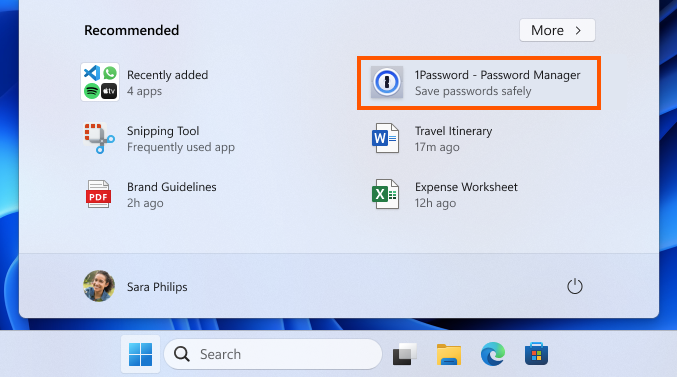There comes a point where things get so bad that things simply can’t get worse –Unless of course your name is Yahoo.
We’ve written a few times about the utterly terrible, horrible, really shitty year the company has had thanks to a number of internal issues, as well as all that hacking of user information. Well, shit just got cranked up to eleven!
It was only two months after Verizon said they were snatching up the company that news broke of some 500 million accounts being breached. The news came after there were reports of Yahoo user data being sold via the digital black market.
But things just got a whole lot worse for the struggling company. Yahoo revealed today that authorities have managed to recover tons of data which sounds like a great thing, but there is only one problem –The dat recovered comes from a completely different hacking incident. Oh, and this separate hack affected one billion dollars.
Yahoo CISO Bob Lord released a statement via Tumblr (because moody teens love press releases) stating:
“As we previously disclosed in November, law enforcement provided us with data files that a third-party claimed was Yahoo user data. Based on further analysis of this data by the forensic experts, we believe an unauthorized third party, in August 2013, stole data associated with more than one billion user accounts.”
One billion anything is a scary number and this places Yahoo in serious jeopardy. In a recent SEC filing from last month it was noted that Verizon may change the terms of the merger, or just drop it altogether thanks to the initial security breach. Now with this second breach the merger may simply fizzle out.








